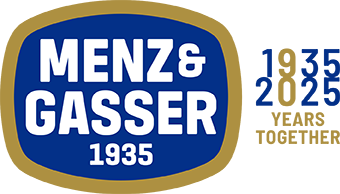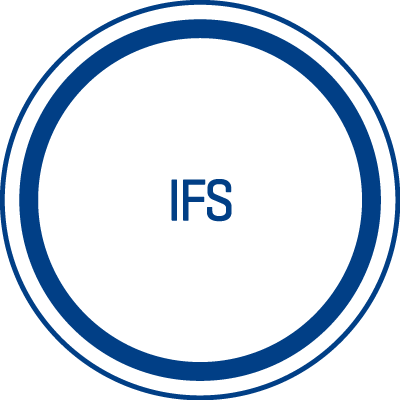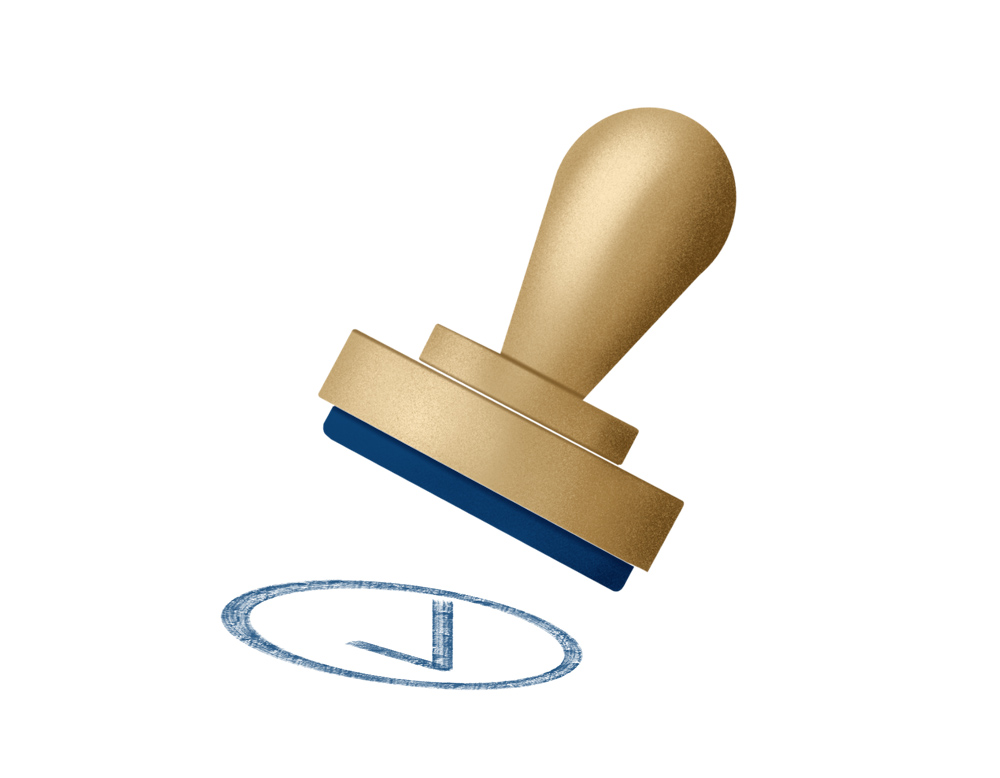
Certifications
To satisfy the quality and safety requirements of an ever more complex and connected world, Menz&Gasser has long been committed to obtaining a full range of certifications, for our products as well as our processes.
Process certifications
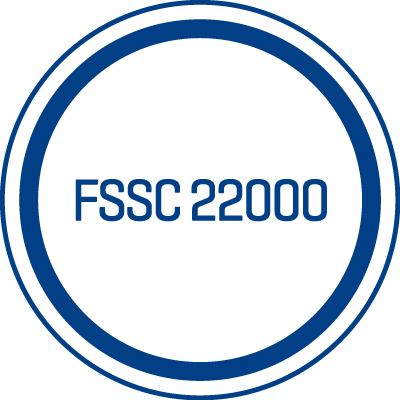
FSSC 22000
FSSC is a food industry standard, which is now adhered to by all major international food distributors. It ensures that food safety is improved and updated continuously in line with scientific and technical progress. It also improves communications throughout the supply chain.
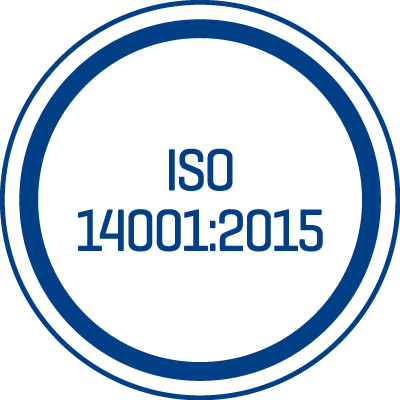
ISO 14001:2015
This is a voluntary international standard, which companies adopt in order to define, implement and improve their environmental management systems. The certification is proof that the company has a management system able to monitor and systematically reduce its environmental impact.
Product certifications
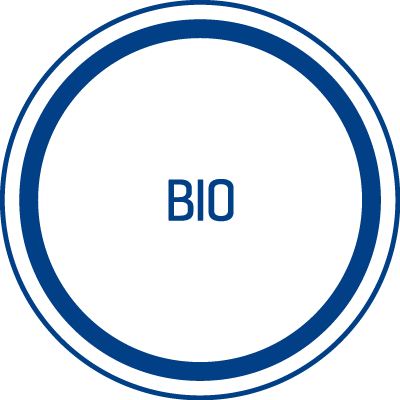
Organic
Organic farming is the certified production of foods using processes that respect the environment and animal welfare. Every food item defined as “organic” must be produced according to European Union regulations, with strict controls over growing methods, including the use of authorised substances only and special procedures at every stage of production. At Menz&Gasser we carry out our own inspections on the organic farms and intermediaries that supply our fruit, as well as performing analysis and counter analysis on all the raw materials delivered to us.
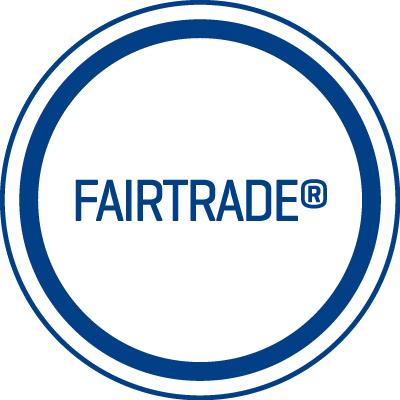
FAIRTRADE®
FAIRTRADE® certifies many raw materials according to economic, social and environmental sustainability criteria. Thanks to these standards, and in particular the Minimum Price, which limits the damage of market volatility, and the Fairtrade Premium – an additional sum of money that cooperatives can decide for themselves how to invest – farmers in Asia, Africa and Latin America improve their lives and have more control over their future.
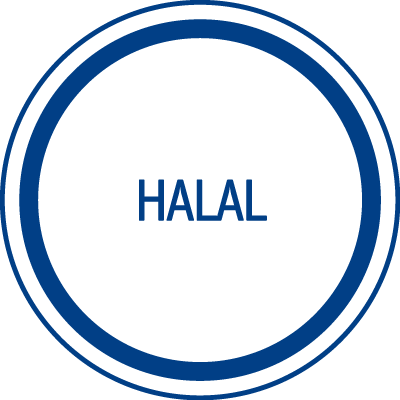
Halal
“Halal” is an Arabic word which means “allowed” or “permitted”, and Halal certification is proof that products, services, manufacturing and processing methods comply with the ethical, health and hygiene standards laid out under Islamic law. Halal certification is always useful and often obligatory when exporting to Muslim-majority countries.
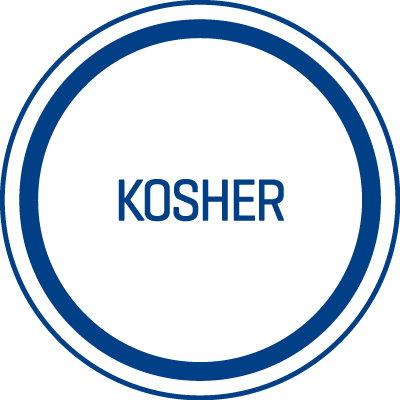
Kosher
Kosher describes a set of religious rules covering food for observant Jews. For a product to be certified as Kosher, not only must it meet strict quality standards, but all the production and packing procedures and every single ingredient that goes into it, must also comply with restrictive Kashrut laws. These extremely rigorous standards safeguard consumers, whatever their religion, and have made Kosher certification an internationally recognised mark of quality.
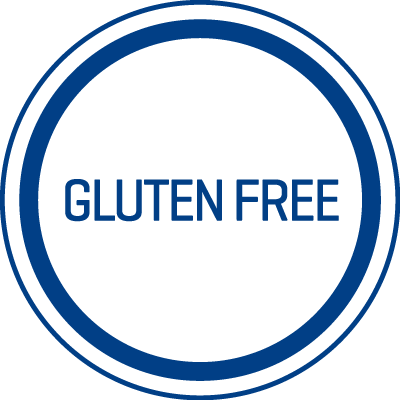
Gluten free
Celiac disease is an autoimmune disorder which occurs in genetically predisposed individuals when they consume gluten. Celiac disease is the most common food intolerance and affects an estimated 1% of the population in Italy. For a product to be defined as “gluten free”, its gluten content must not exceed 20 mg/kg, according to AIC (Italian Celiac Association) guidelines.
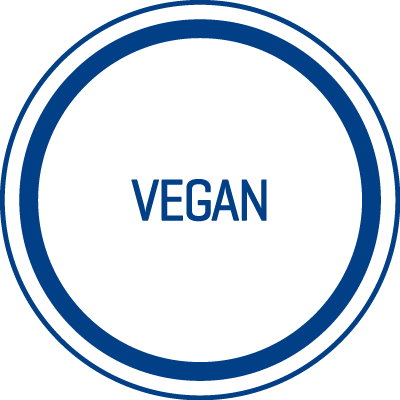
Vegan
Qualità Vegetariana® Vegan is a specific trademark made for products that comply with standards laid down by the Italian Vegetarian Association. Qualità Vegetariana® was the first such certification in Italy and is now the most widely used trademark in the sector. The basic certification requirements are:
- No foods, ingredients, additives or production aids can be tested on animals or obtained through animal slaughter;
- No foods, ingredients, additives or production aids can be obtained from genetically modified organisms (GMO);
- No parts of animal origin can be used in packaging materials or equipment;
The external certifying body, CSQA, is responsible for verifying compliance with the required standards.
